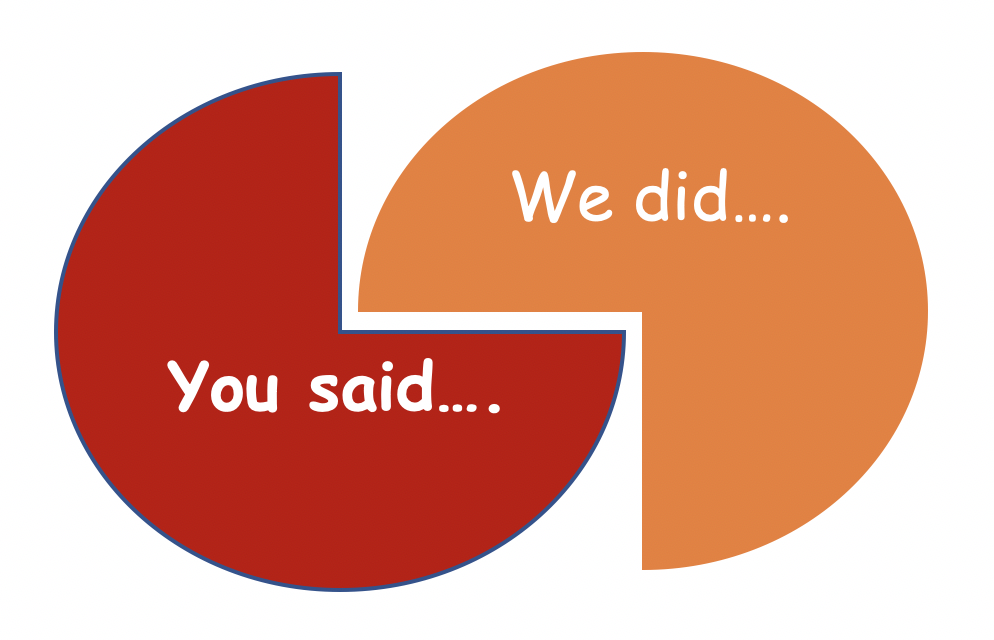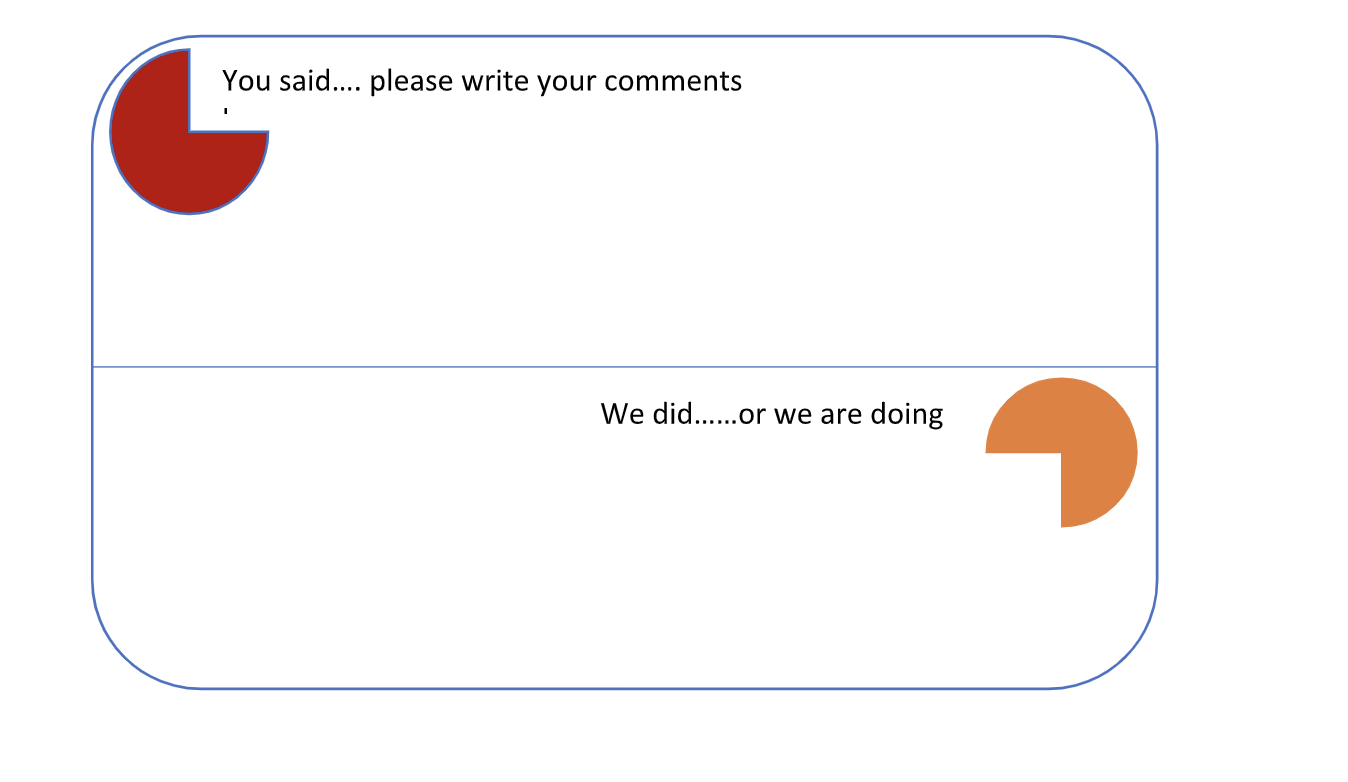Imagine you work at a practice where you only ever receive comments, compliments or suggestions to improve your working practices. Your patients only want to see you to tell you how good your team is; they send thank-you cards and bring gifts as a way of showing their appreciation for the service they receive.
Okay, back to reality! I’m pretty certain a practice like that doesn’t exist – certainly not in today’s society when people expect everything to happen instantly or expect an appointment at the drop of a hat. But getting an appointment is in itself a challenge as the number of patients in the UK with long-term conditions account for circa 50 per cent of all GP appointments, leaving you with only 50 per cent availability, so the pressure is on.
We often ask our patients to complete the Friends and Family Test (FFT), which was implemented to provide a platform for patients to give feedback on their experience. It’s a tool that asks people if they’d recommend the services they’ve used. Just to let you know, there’s a Friends and Family Test Policy [PLUS] which explains the FFT in detail.
Launched in April 2013, the FFT has pretty much remained as it was originally, but change is coming. And, by April 2019, it’s said that the tool will become more useful in driving service improvement. It should be said that there are other feedback mechanisms available, such as Google reviews and NHS Choices.
No one can argue with Richard Stallman, who said, “Sharing is good, and with digital technology, sharing is easy”. It is easy, if you’re of a generation that’s proficient in the use of technology, but your patient population will undoubtedly contain those who are averse to technology and those who prefer more traditional methods of communication – talking, writing and posting letters. Shocked? Some people still do it!
With the advances in technology and the Paperless 2020 initiative to have a paper-free healthcare system, one could argue that our focus should be on discussing comments, compliments and suggestions in e-format. Now, let me mention the little matter of the Equality Act 2010 and Equality Duty and you will realise that being 100 per cent paperless may not be possible.
Don’t get me wrong, I’m all for having a paperless system; in fact, I’d prefer a one-system approach across the NHS. I know I’m dreaming! But we’re in a sector that, like many others, thrives on positive feedback. Everyone likes to know they’re doing a good job and enjoys receiving a compliment – especially as complaints are the norm!
So, rather than be shocked when a compliment, comment or suggestion is submitted, why not focus on a drive to gain more comments, compliments or suggestions from your patients? The focus for too long has been, “If you’re unhappy speak to…” or “Our complaints policy is…” So, as per DNAs, let’s focus on the positives and showcase each practice’s worth.
What is it you need to do? “In order to carry a positive action, we must develop here a positive vision” (Dalai Lama). So maybe now is the time to revert to more traditional methods of capturing feedback which can run concurrently with the FFT. Why not consider the use of comments cards? Comments cards are a great way of collecting feedback at the point of service (not all patients will have a mobile phone or online access). Not only does this enable the collection of feedback, it also shows your patients you’re listening to them, their opinions and suggestions.
Additionally, you could introduce a ‘You said, we did’ board in a prominent area in your waiting room, which could be used to display the comments, compliments and suggestions submitted by patients, their carers and families, while encouraging others to do the same.

Cards could be kept at reception and issued to patients on request, with a ‘suggestion’ box located next to the ‘You said, we did’ board. A possible card format is shown below.
As with any new initiative, patients will need to know what it’s all about, and that too will involve some more traditional marketing by your team. But remember, it’s a whole-team approach, so clinical and non-clinical staff should be encouraging patients to complete comments cards.
Taking the cards into practice meetings and giving the team feedback can really boost morale, make staff feel valued and improve the retention of staff. All the cards can be retained for evidence at CQC inspections to showcase how valued the practice is by your patients.
One final ‘comment’ or ‘suggestion’: if the handwriting looks familiar and the comment is praising a member of the team… check their handwriting! After all, “self praise is no praise at all” (Lord Byron).
————-
Topics trending in the forum:





0 Comments